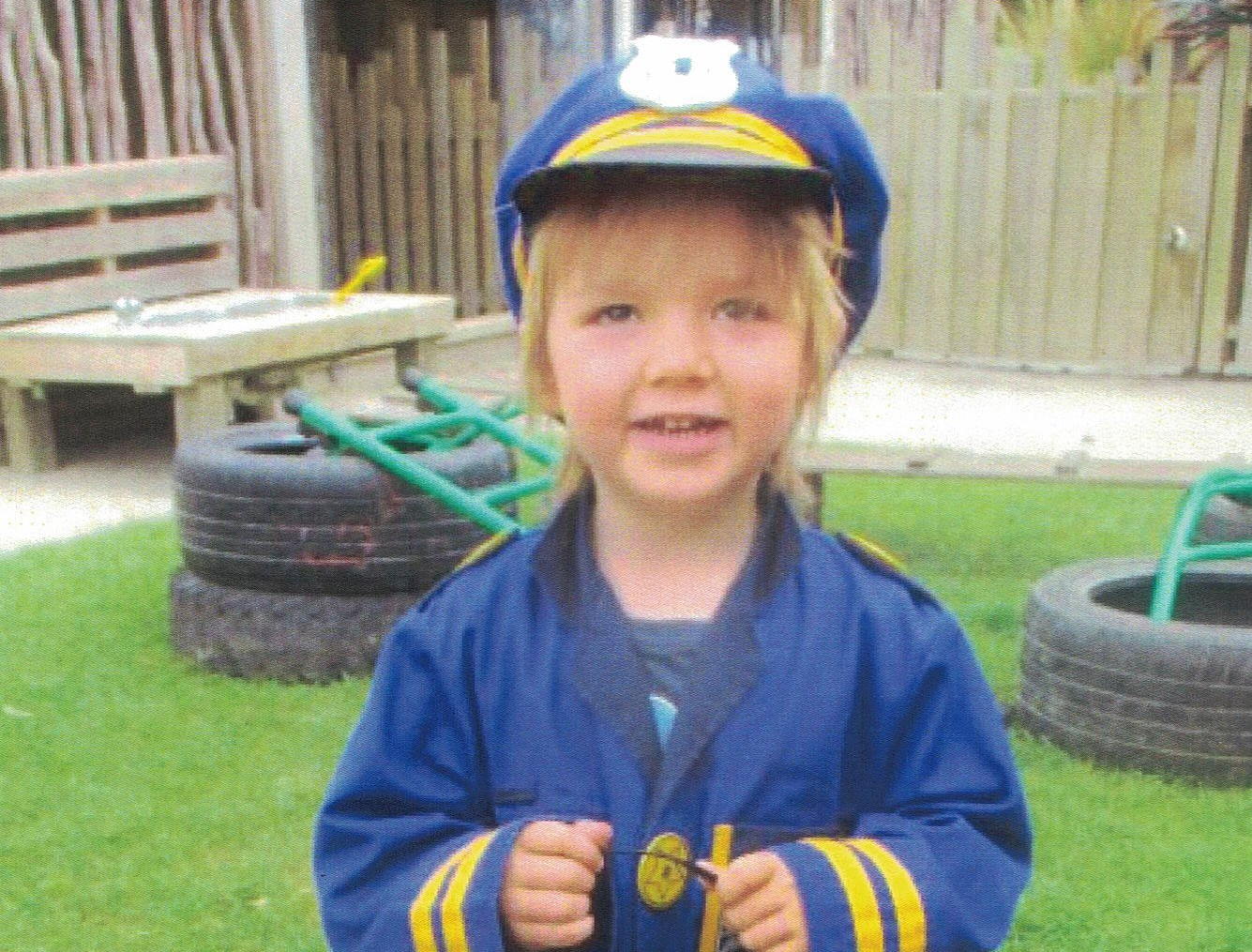
The expert phase of Coroner Alexander Ho’s inquest into the 3-year-old’s death continued in Invercargill yesterday.
In 2019, Lachie was found 1.2km from his Gore home, face up in an oxidation pond.

Lachie’s father, Paul Jones, never believed his son drowned and suspected foul play.
Yesterday, Karen Smith, who worked for police in Florida for more than 13 years — including as a major crimes detective — said she had a "gift" for identifying overlooked details in cases.
She explained there were many failures by police in Gore during the initial investigation.
Police should have treated the investigation like a homicide until proven otherwise.
"The initial investigators came to the immediate conclusion of accidental drowning with no evidence in support, nor any postulation or hypothesis of an alternative reason for Lachlan to have been found in an oxidation pond."
The investigation did not seem to consider an alternative cause of death such as a homicide and a staged crime scene.
The "subsequent investigation failed to provide any relevant intelligence or proof that Lachlan drowned".
There were improbabilities in the police theory because they developed a confirmation bias after understanding a witness had seen Lachie run towards the oxidation ponds.
That witness later said she could not be sure the boy was Lachie.
"The anchoring bias that occurred with this single, unreliable witness statement led to the immediate conclusion of accidental drowning by the investigators and resulted in the lesser postmortem examination."
Ms Smith believed there were many other avenues of investigation that could have been exhausted before concluding Lachie drowned.
Domestic issues in Lachie’s home should have been further investigated.
She did not believe Lachie could have run out of his mother Michelle Officer’s sight during the "30 seconds" she spent speaking with a friend.
She raised a number of "investigative red flags" including the lack of cuts or scrapes on the toddler’s body and the face-up position he was discovered in.
"In my forensic opinion, Lachlan’s [face-up] body position near the edge of the pond embankment, lack of any injury, and lack of any pathological evidence in support of drowning is inconsistent with a fall into the water."
She also questioned Lachie’s chronic nappy rash and why Ms Officer "left him to suffer with a full diaper" on the night of his disappearance.
The up to five-hour gap in the timeline after Lachie was picked up from kindergarten should have been further questioned by investigators.
"Ms Officer’s scanner was used to scan a package at the depot at 5.47pm.
"Ms Officer could not have been at home at this time as she testified."
Earlier in the day, the inquest heard from an expert forensic pathologist who said there was "ample evidence" to support the finding that Lachie drowned.
Dr Judy Melinek said given the circumstances, Lachie’s body should have been sent to Christchurch for a full forensic autopsy, especially because concerns of neglect were raised.
"However, in my opinion, any deficiencies in this autopsy report do not preclude a diagnosis of death by drowning.
"It is both reasonable and likely that Lachlan Jones drowned based on the autopsy report ... in totality with the circumstances.
"It would be grasping at straws and speculative to say that because there wasn’t an internal examination of the brain conducted ... that we can not conclude what his cause of death is."
Ms Smith will continue giving her evidence at the inquest today.







